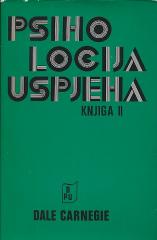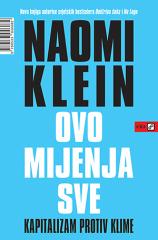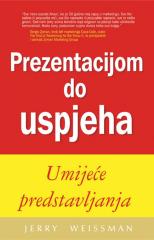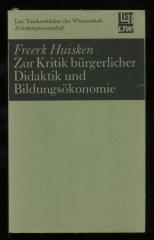
Vodič za novi svijet: Zašto je uzajamno jamstvo ključ našeg oporavka
Why do 1% of the world's population own 40% of the wealth? Why do education systems around the world produce unhappy, poorly educated children? Why is there hunger?
The changes that have taken place in the world over the past few decades indicate that humanity is becoming an integrated, interconnected system, like other systems in Nature, and therefore the laws that describe the mutual relationships of elements in Nature are now applicable to human society. While all of Nature follows the principle of mutual guarantee – give what you can and get what you need – people function in the opposite way: take what you can and give what you must. The new world requires us to reconstruct all systems and processes based on a new approach of cooperation and mutual guarantee, according to which we are all guarantors of each other’s well-being. The most important systems for introducing change are education and the media. Schools should educate children to be human or, better yet, humane. The approach of mutual guarantee will lead us to real social justice, and therefore is the key to our sustainability and prosperity, and will provide us, in addition to economic and financial security, with confidence in life and inner peace and happiness. At first glance, mutual guarantee may seem like a naive notion, impractical in real life. However, implementing a mutual guarantee approach has real implications for society and the economy, the most important of which are a positive social climate, increased surpluses and reduced living costs.
One copy is available





